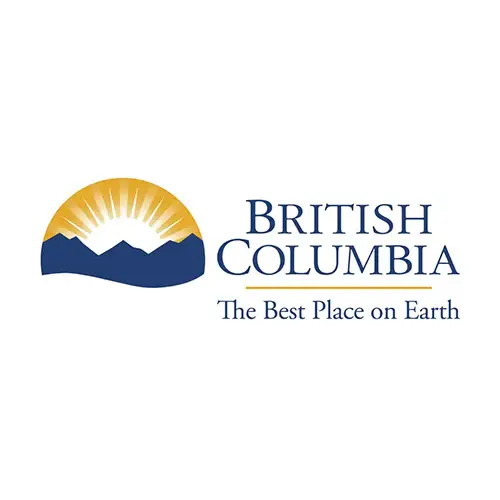Latest News & Events
Group Onboarding 4/21 at OC, Penticton
Are you inspired and growing outstanding wine? If you are new to SWBC or have your application nearly complete, we would be pleased to host you and help you take that next step. Join us for a guided onboarding session,...
Sustainable Wines of BC at The Wine Vault, Naramata
Aug 26, 2023 – a wine tasting by SWBC
Secondary Crops & SuRDC Cover Crop Research in the Vineyard
July 17, 2023 – a tailgate by SWBC
Cover Crops in the Vineyard, a workshop by SWBC
April 17, 2023 @ % Kalala from 9-noon with Dr. Mehdi Sharifi from SuRDC, Hans Buehler from Living Labs and Lisa Wambold from Terralink.
MONTE CREEK IS SAVING ENERGY, SAVING $, AND CREATING A TEAM COMMITTED TO SUSTAINABILITY
Monte Creek Winery has been engaging in a number of conservation strategies that have led to decreases in both their electricity and their fossil fuel consumption. Not only is this environmentally beneficial, but it has also led to substantial savings...
WONDERING ABOUT THE BENEFITS OF SUSTAINABILITY CERTIFICATION?
Our recent study of 12 wine-growing regions around the world concluded that BC can expect the following economic benefits from sustainability certification: • Consumers are consistently willing to pay for sustainable wine • Certification creates market differentiation • Sustainability labels...
SWBC POSTPONES LAUNCH OF CERTIFICATION PROGRAM YET STILL INVITES YOU TO TAKE THE FIRST STEP
“We’re very encouraged by the positive reception that the new certification program has been receiving in the lead up to the launch so disappointed to postpone. However, due to the extraordinary circumstances, we feel our best approach is to make...
FEEDING THE VINEYARD – SUSTAINABILITY IN ACTION
Up on a hill between the Muscat vines at Lastella winery, three head-high rows of woodchips are baking away in the sun. Vineyard manager Jody Subotin probes the end of a pile with a two foot long temperature gauge, checking...
SWBC RECEIVES FUNDING FOR DEVELOPMENT OF CERTIFICATION PROGRAM
FROM SOIL TO SHELF, CANADA AND B.C. SUPPORT SUSTAINABLE WINEMAKING British Columbians who love a glass of B.C. wine and support environmentally responsible businesses have easy choices ahead, as a new sustainability certification program for B.C. grape growers and wineries...






